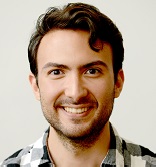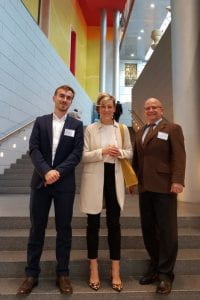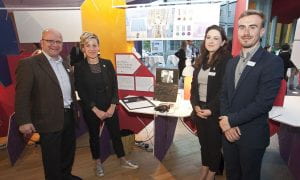 We are excited to introduce the newest member of the Max Planck Bristol Centre for Minimal Biology.
We are excited to introduce the newest member of the Max Planck Bristol Centre for Minimal Biology.
Rafael Moreno Tortolero has been awarded an EPSRC Doctoral Prize Fellowship to investigate the role of protein aggregates in health and disease.
We asked Rafa to introduce himself.
“I am a Venezuelan materials engineer by training (Simón Bolívar University, Venezuela), with an MSc in functional nanomaterials, a PhD in chemistry (University of Bristol, UK) and a penchant for fundamental medical research.
The latter has informed every step of my career so far. I worked with silk protein during my PhD to fabricate tissue engineering scaffolds. There, I stumbled with fundamental aspects of the protein that led me to continue my journey as an EPSRC Doctoral Prize Fellow at the very prestigious Max Planck Bristol Centre, under the mentorship of the eminent Prof. Imre Berger.
In this fellowship, I will explore a fascinating subject: the relationship between functional and aberrant protein aggregates with health and disease. More specifically, the relationship between silk and amyotrophic lateral sclerosis (ALS). Both biological phenomena, one producing healthy ex-vivo protecting structures (silk) and the other causing a devastating neuronal disease, are perhaps more related than previously thought and are at the centre of my research. Inspired by the silk production machinery, removal mechanisms of toxic ALS-related aggregates will be explored through standard biochemical and biophysical techniques. Aiming to discover protein-based palliative treatments for this devastating and untreatable disease.”



